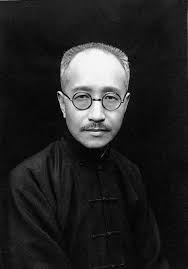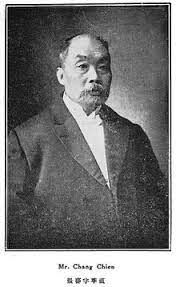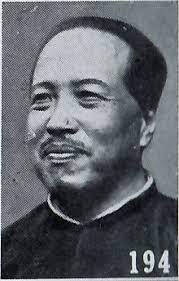Chu Hsi-tsu (1879-5 July 1944), historian, taught at such universities as Peking (1913-26; 1928-30), Chung-shan (1931-33), and National Central (1934-44). After 1939 he served as executive secretary of the' Kuo-shih kuan [bureau of national history]. Little is known about Chu Hsi-tsu's childhood. His native place was Haiyen, Chekiang. After receiving his early education in the […]









